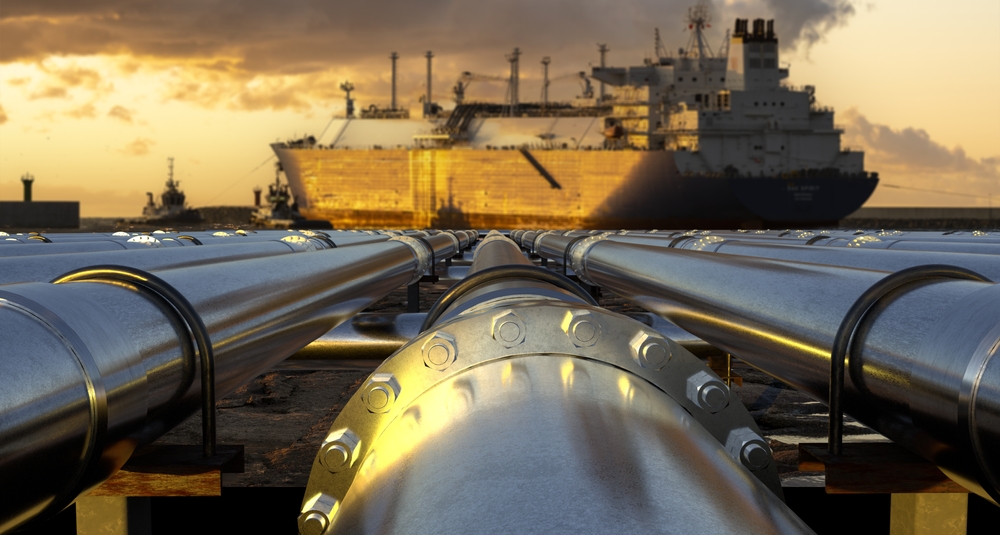Phased restrictions target new and existing contracts as bloc aims to cut energy ties with Moscow
Others are reading now
Europe’s energy transformation continues to accelerate, with political will driving a shift away from Russian fossil fuels. The next step could reshape the continent’s gas supply structure for years to come.
Plan Targets New Contracts and Existing Supplies
The European Union is preparing to introduce a formal plan to ban all new import agreements for Russian gas by the end of this year, as reported by Digi24. According to EU officials, the proposal will also phase out existing contracts for pipeline and liquefied natural gas (LNG) by the close of 2027.
While the EU had already set a non-binding goal to eliminate Russian fossil fuel imports by that year, the new proposal will take the form of legislation requiring approval from the European Parliament and a reinforced majority of member states.
Legal and Political Hurdles Remain
Sanctions against Russian coal and oil shipping are already in place, but gas remains a sticking point. Countries like Slovakia and Hungary, still heavily reliant on Russian pipeline deliveries, have resisted earlier proposals due to concerns about price spikes and energy security.
Also read
Currently, 19% of the EU’s gas still originates from Russia—down significantly from 40% before the full-scale invasion of Ukraine in 2022. Key supply routes now include the TurkStream pipeline and LNG shipments.
Existing “take-or-pay” contracts between European firms and Russia’s Gazprom complicate the transition. These agreements require payment for contracted gas volumes even if deliveries are refused. EU lawyers are exploring legal mechanisms to cancel such contracts without incurring penalties, though experts warn it would be difficult to invoke force majeure successfully.
Diversifying Supply and Protecting Costs
In 2024, the EU’s largest gas suppliers included Norway (33.6%), Russia (18.8%), the United States (16.7%), and Algeria (14.1%). The European Commission remains focused on ensuring any restrictions hurt Russia more than they impact EU consumers, particularly amid ongoing energy price volatility.
The new proposal marks a significant step in Europe’s efforts to fully decouple from Russian energy influence.


